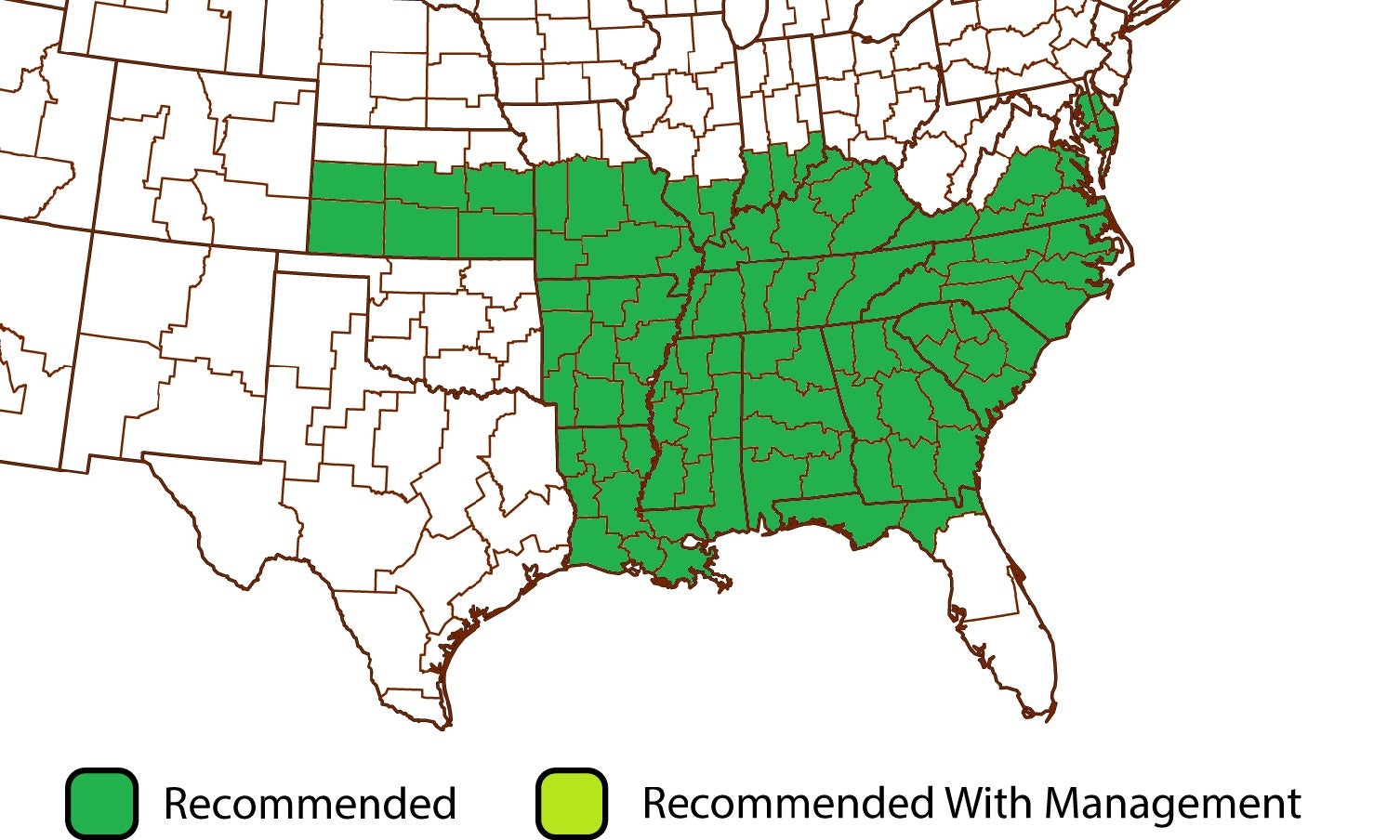XF4585S

Relative Maturity: 4.5
Features & Benefits
Technology Trait
Region Adaptability

Characteristics
Herbicide Tolerance
Agronomics
Disease Tolerance
Yield Environment Placement
Soil Placement
Herbicide Sensitivity
No dicamba may be used in-crop with seed with Roundup Ready® Xtend Technology, unless and until approved or specifically permitted, and no dicamba formulations are currently registered for such use in the 2024 season. Please follow https://www.roundupreadyxtend. com/pages/xtendimax-updates.aspx for status updates. Bayer is a member of Excellence Through Stewardship® (ETS). Bayer products are commercialized in accordance with ETS Product Launch Stewardship Guidance, and in compliance with Bayer’s Policy for Commercialization of Biotechnology-Derived Plant Products in Commodity Crops. Commercialized products have been approved for import into key export markets with functioning regulatory systems. Any crop or material produced from this product can only be exported to, or used, processed or sold in countries where all necessary regulatory approvals have been granted. It is a violation of national and international law to move material containing biotech traits across boundaries into nations where import is not permitted. Growers should talk to their grain handler or product purchaser to confirm their buying position for this product. Excellence Through Stewardship® is a registered trademark of Excellence Through Stewardship. ALWAYS READ AND FOLLOW PESTICIDE LABEL DIRECTIONS. It is a violation of federal and state law to use any pesticide product other than in accordance with its labeling. NOT ALL formulations of dicamba, glyphosate or glufosinate are approved for in-crop use with products with XtendFlex® Technology. ONLY USE FORMULATIONS THAT ARE SPECIFICALLY LABELED FOR SUCH USES AND APPROVED FOR SUCH USE IN THE STATE OF APPLICATION. Contact the U.S. EPA and your state pesticide regulatory agency with any questions about the approval status of dicamba herbicide products for in-crop use with products with XtendFlex® Technology. Products with XtendFlex® Technology contains genes that confer tolerance to glyphosate, glufosinate and dicamba. Plants that are not tolerant to glyphosate, dicamba, and/or glufosinate may be damaged or killed if exposed to those herbicides. Contact your seed brand dealer or refer to the Bayer Technology Use Guide for recommended weed control programs. Roundup Ready 2 Xtend®, Roundup Ready 2 Yield®, SR and Design® and XtendFlex® are registered trademarks of Bayer Group. LibertyLink logo® and LibertyLink® are trademarks of BASF Corporation. ©2024 Bayer Group. All rights reserved.
KEY
| Ratings: | 9 Excellent |
8 Very Good |
7 Above Avg |
5-6 Average |
3-4 Below Avg |
1-2 Poor |
| Systems: | HR Highly Recommended |
R Recommended |
NR Not Recommended |
|||
| Resistance: | HR Highly Resistant |
R Resistant |
MR Moderately Resistant |
LR Least Resistant |
MS Moderately Susceptible |
S Susceptible |
All agronomic characteristics and ratings may vary with growing conditions and environment. Ratings are approximate and should not be considered as absolute. Ratings on new hybrids are based on limited data and may change as more data are colle cted. Extreme conditions may adversely affect hybrid performance. The relative maturity of one hybrid to another remains reasonably constant; however, the actual number of cale ndar days from seeding to physiological maturity varies with da te of planting, planting rate, temperature, day length, soil fertility, and other environmental factors.

